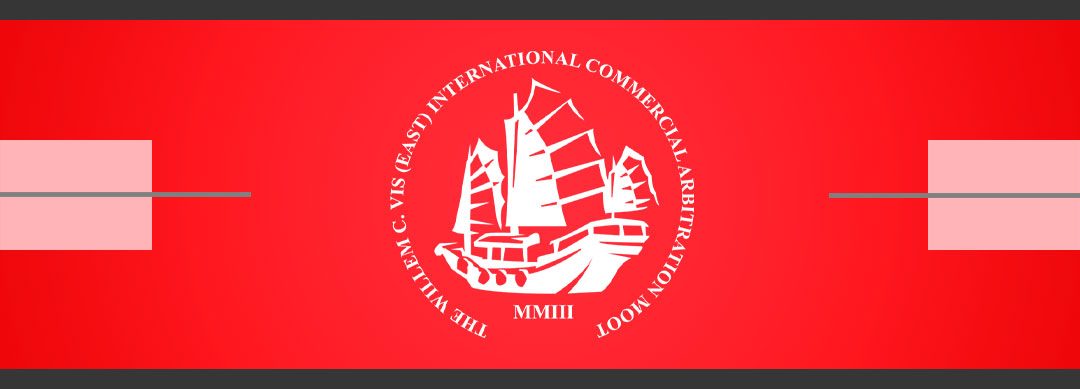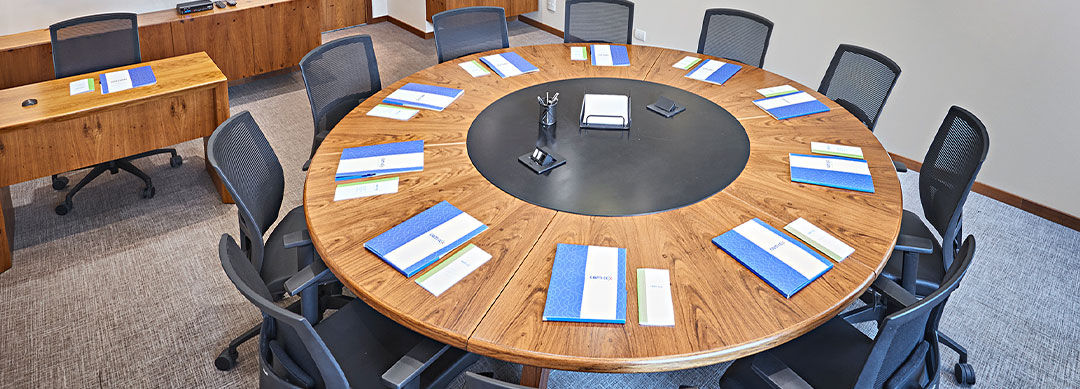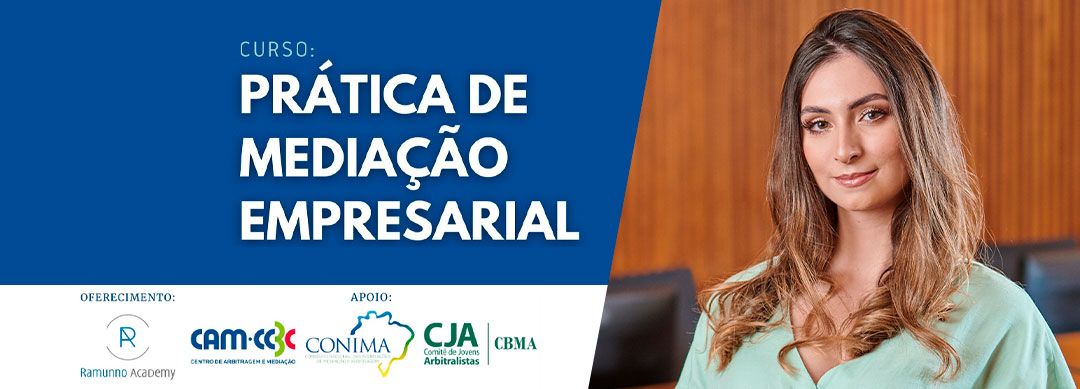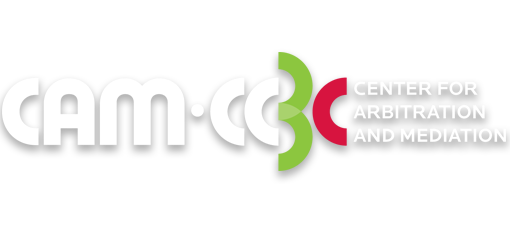Event promoted by CAM-CCBC is part of the official program of the Vis East Moot, bringing together experts to discuss the trends of this alternative dispute resolution method in Brazil
By Sérgio Siscaro
The current scenario, and the prospects for the practice of arbitration in Brazil, were discussed in depth, last month, by a group of experts on the subject. On March 16, CAM-CCBC promoted the virtual round table “Brazil as the headquarters for arbitration: future perspectives”, in which a group of experts with international experience discussed the directions of the method in the country.
The webinar, which was part of the Vis East International Commercial Arbitration Moot program, was delivered by Maria Claudia Procopiak, who works as an independent arbitrator and is partner of Procopiak Arbitration, based in London, Pedro Martini, an associate at Cleary Gottlieb Steen & Hamilton, in New York, and Luíza Kömel, CAM-CCBC’s deputy secretary general. The mediation was the responsibility of the former president of the Center between 2015 and 2019, Carlos Suplicy de Figueiredo Forbes, who currently works as an independent arbitrator and partner at Forbes, Kozan e Gasparetti Advogados.
Kömel pointed out how Brazil has been globally recognized as a country that hosts arbitration proceedings, which is especially true in the cities of São Paulo and Rio de Janeiro, which have witnessed an increase in the number of cases, in the last ten years. “The 2018 Queen Mary International Arbitration Survey had already indicated that the city of São Paulo ranked fourth among the preferred locations in Latin America, and eighth globally. Rio de Janeiro also ranked well in the survey”, she stated.
Martini reinforced this perception, stating that the courts of justice have respected the decisions adopted by arbitration tribunals in Brazil, which demonstrates the degree of reliability of the decisions adopted by part of the country’s judicial system. “The high degree of competence of the Brazilian arbitration community, with qualified lawyers and well-prepared institutions, is a factor that clients take into consideration. We have a solid arbitration practice in the country, and there is room for the practice to expand to other areas”.
Procopiak agreed, pointing out that the success of arbitration is strongly related to the degree of confidence that it has gained in society. “The greatest ally that Brazil has to protect the arbitration system in the country is the community that deals with the subject. We have Comitê Brasileiro de Arbitragem (CBAr) (Brazilian Arbitration Committee), which is highly vigilant, following the discussions in the National Congress, for example. By and large, the entire Brazilian arbitration community is extremely active, always attentive. That is why arbitration in Brazil will be a reality for a long time to come. But it is up to us to protect the system”, she concluded.
The event can be accessed in its entirety at CAM-CCBC’s YouTube channel, through this link.
Vis East Moot
Being held between March 14 and 21 this year, the Vis East Moot is an international arbitration competition, originated from the traditional Willem C. Vis International Commercial Arbitration Moot (Vis Moot), held annually in Vienna. Its main objective is the same: to promote commercial arbitration, and to contribute for training the professionals who work with alternative dispute resolution methods (ADRs). And, as it happened in previous editions, the event once again had the active participation of CAM-CCBC, which traditionally sponsors the competition.
Traditionally held in Hong Kong, the Vis East Moot held the 2020 and 2021 editions virtually, due to the new coronavirus pandemic. This year, the 18th edition of the event brought together, remotely, teams of students from 149 universities around the world, who had the opportunity to participate in simulations of arbitration cases. The winning team was the Fordham University School of Law in New York. Brazil was also present in the competition. Grupo de Estudos em Arbitragem e Comércio Exterior (Geace) (Arbitration and Foreign Trade Study Group) from Centro Universitário de João Pessoa (Unipê) (João Pessoa University Center) with Cruzeiro do Sul Educacional (Cruzeiro do Sul Educational), ranked among the top eight teams.
Also participating in the Vis East Moot were teams from Faculdade de Direito do Largo São Francisco (Largo São Francisco Law School), from Universidade de São Paulo (USP) (São Paulo University); Pontifícia Universidade Católica de São Paulo (PUC-SP) (Pontifical Catholic University of São Paulo State); Universidade de Brasília (UnB) (University of Brasília); and Universidade do Estado do Rio de Janeiro (Uerj) (Rio de Janeiro State University).





